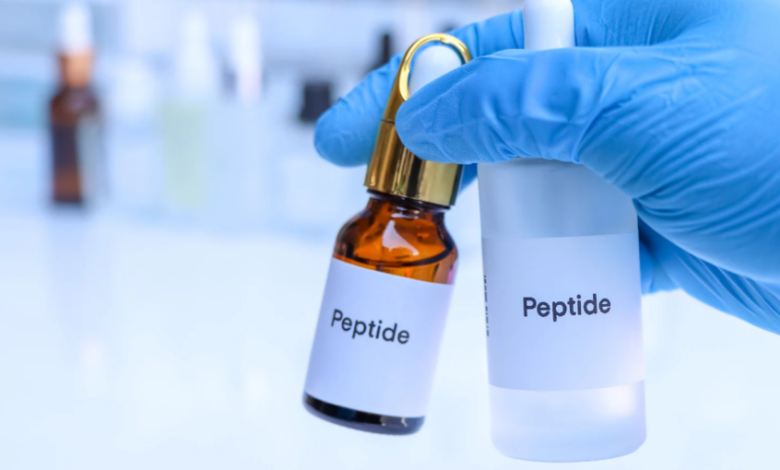The Role of Peptide Therapy in Gut Health Restoration

Gut health is central to overall wellness, influencing digestion, immunity, metabolism, and even mental clarity. Yet, modern lifestyles often lead to inflammation, leaky gut, and microbiome imbalance. Offering a precision-based approach, peptide therapy in Fort Lauderdale supports cellular signaling and accelerates tissue regeneration at the foundational level. This treatment is now emerging as a cornerstone for restoring gastrointestinal function with precision and efficiency.
Understanding Peptides and the Gut Connection
Peptides are bioactive messengers that regulate biological functions such as inflammation control, immune response, and tissue regeneration. In the context of gut health, certain therapeutic peptides promote mucosal healing, enhance nutrient absorption, and strengthen intestinal tight junctions, barriers that prevent toxins from leaking into the bloodstream.
This mechanism is particularly beneficial in conditions like irritable bowel syndrome (IBS), inflammatory bowel disease (IBD), and intestinal permeability disorders. Unlike broad-spectrum medications, peptide therapy takes a targeted route, supporting specific cellular pathways to heal and fortify the gut lining.
How Peptide Therapy Works in Clinical Practice
Peptide therapy is administered via injections, nasal sprays, or capsules under clinical supervision. Medical practitioners assess individual gut imbalances and select peptides based on the patient’s metabolic and inflammatory markers. For instance, BPC-157 and TB-500 are commonly used peptides that support tissue regeneration and reduce inflammation within the gastrointestinal tract.
In a broader functional medicine strategy, peptides are often paired with nutritional plans and lifestyle interventions. Recognizing how peptide therapy can unlock your body’s full potential reveals that these compounds support hormonal balance, enhance immune function, and accelerate tissue repair, outcomes that significantly improve digestive performance.
See also; How Concierge Medicine Transforms Preventive Healthcare
Peptide Therapy vs Conventional Gut Treatments
Unlike conventional medications that mask symptoms, peptide therapy aims to repair and restore. Standard approaches such as proton pump inhibitors or steroids may offer temporary relief but often come with side effects and long-term risks. Peptides, in contrast, enhance the body’s natural healing ability.
This distinction becomes clear when considering the complexity of gut health, where a single imbalance can trigger a cascade of issues. Addressing root causes, such as cellular inflammation or tissue damage, requires a precise therapeutic model, which peptide protocols are designed to deliver.
Integration with Broader Wellness Protocols
Peptide therapy is not a standalone fix but a powerful adjunct to holistic care plans. It complements probiotics, dietary adjustments, and stress management in restoring gut ecology. For patients undergoing metabolic or weight management protocols, it can also boost efficacy. Understanding how peptides for weight loss work, specific peptides accelerate fat metabolism while simultaneously improving gut-brain communication.
These effects are especially relevant in patients with insulin resistance or chronic inflammation, where digestive performance is impaired. Peptides serve as a bridge between metabolic and gastrointestinal health, strengthening the integrity of internal systems from within.
Functional Gains and Long-Term Benefits
Patients often experience measurable improvements in digestion, energy levels, immune resilience, and mental focus after a guided peptide therapy protocol. This stems from reduced gut inflammation, enhanced nutrient absorption, and restored microbial balance. Clinical outcomes suggest that patients with persistent gut issues show faster recovery timelines and lower relapse rates when peptides are integrated into their treatment.
Professionally administered peptide therapy provides not only symptom relief but long-term functional gains. Its role in cellular regeneration, immune modulation, and tissue repair makes it a strategic investment in digestive health.
Conclusion
Peptide therapy offers a dynamic and professional solution to the complex puzzle of gut dysfunction. Its ability to repair damaged tissues, support microbial balance, and enhance immune function makes it a critical part of any modern gut health restoration plan. Through targeted biological signaling, peptides empower the body to heal from within, improving digestive wellness and systemic resilience.





